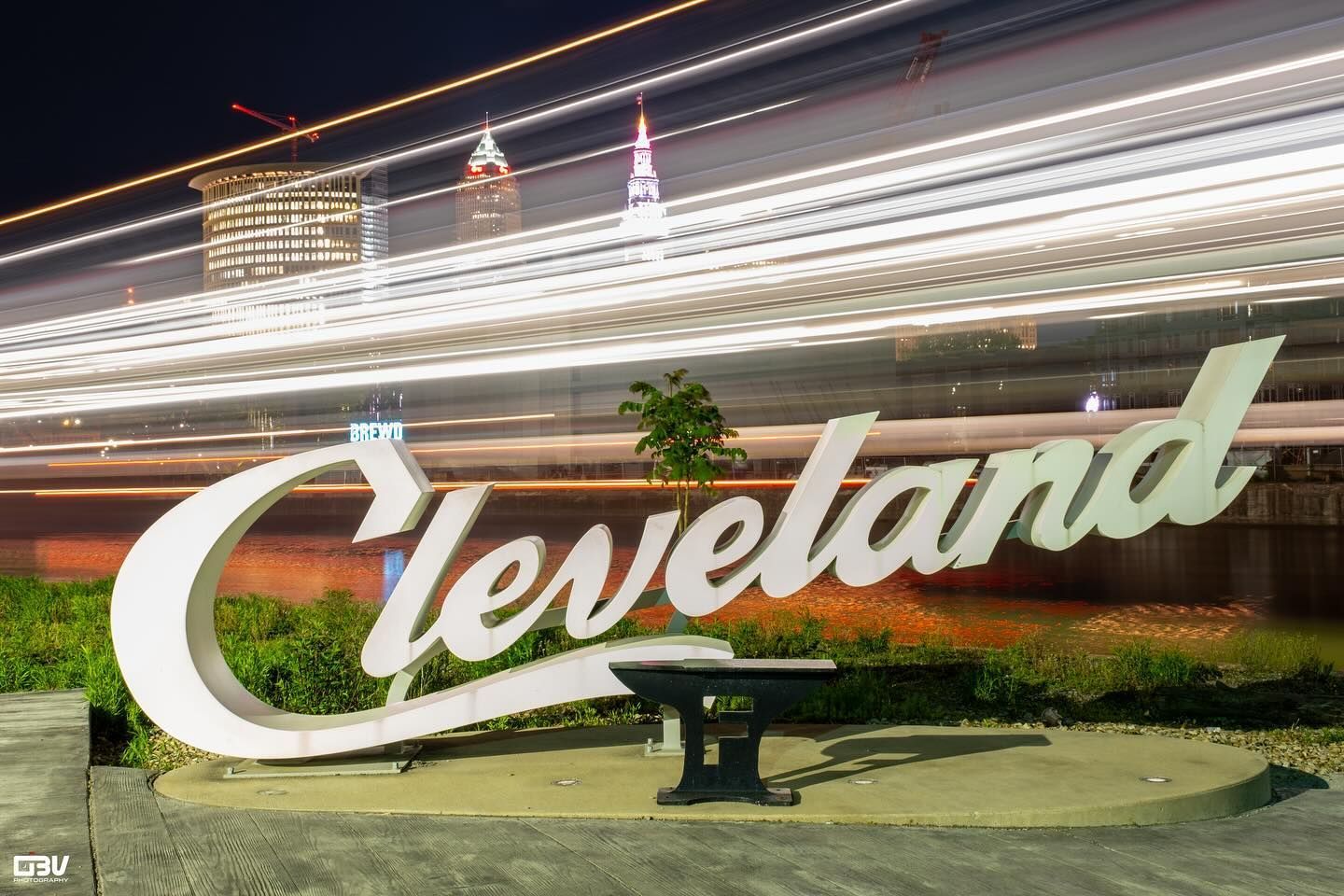Eco-Friendly Travel
Being eco-friendly before, during and after your travels has never been more important. We hope to inspire you to make mindful choices when the world gets back to travelling, so for now here is our top ten tips to mindful travel.

1. Pack Re-usable and Travel Size
Wherever you are going, try and pack only what you need for the duration of your trip. The more your luggage weighs, the more carbon emissions the plane will produce. One way to avoid this is to pack shampoo, conditioner and soap bars that last an average of 80 washes. You can also take toothpaste tablets that dissolve and create a paste as you brush, but if bars aren’t your thing, buy reusable plastic containers for your normal products instead of buying small versions of them. Wash them when you get home, pack them away and get them out again for your next journey!
2. Make Conscious Safari Choices
If you want a more eco-friendly safari experience, ask your tour operator for a small group tour. A smaller group means less consumption of fuel, resources, and on top of being better for the environment, you may find better opportunities to see animals and other natural attractions without distractions. You could also bring your own eco-friendly accessories such as solar-powered torches and lanterns.
3. Take Fewer Plane Journeys
Instead of flying to your destination and then flying to the next, consider flying to your original destination and journeying on by car, public transport or ferry. For example, if you want to travel from the east coast of the U.S. to the west, travel the iconic Route 66 by car instead of flying from coast to coast. This could make your carbon footprint up to five tonnes lighter!
4. Say No To Plastic
By taking a couple of reusable bags you will reduce your waste abroad, plus you can get some cute tote bags as a souvenir on your next trip! A reusable bottle and a metal cutlery set is always a good idea to have handy too. Most places have safe drinking water or water fountains and refill stations nowadays, but if not, it is always useful to carry water purification tablets on all of your journeys. And if you still want your morning coffees, we would suggest taking your reusable coffee cups. Not only will this limit your waste but it will also save you some pennies in most coffee shops.
5. Figure Out Transport
Sometimes driving your own hire-car can create unwanted stresses so if driving abroad isn’t the perfect fit for you, consider taking public transport to your activities. This will stop you creating any further emissions and it may also add to the local feel of your adventures. Not every adventure needs transport, if your destination is a short distance away, take a little walk and take in all the sights as you go.
6. Enjoy Local Produce
Eating local produce and drinking locally brewed alcohol can be one way to enjoy a high quality meal out and cuts down on mileage used to ship it in. Research bars and restaurants near your destination before you fly out or let your tour operator know what food you are interested in so they can help you with this.
7. Plan Ahead
By making a rough plan of what you would like to see on your adventures, you can save time on daily travel. This not only cuts down the amount of time wasted throughout your trip but it also prevents unnecessary fuel consumption. Making a direct route from your accommodation to activities and back avoids all on the spot decision making.
8. Keep Off The Grass!
When on a hiking adventure, always try to stick to an already carved out path. These marked trails are there to protect any endangered animals or plants that would be ruined underfoot. If you are unsure on whether or not a certain path is cut off to visitors, ask someone around or stick to the path that seems most walked on.
9. Home Away From Home
You would never usually wash your towels and bedding every day at home, so make your accommodation a bit more homely and opt out of these daily changes. Most hotels will offer a card with instructions on how you would let house-keeping know to not wash your towels and bedding, but if there isn’t one you could always leave a note! Make sure to turn off your lights, TV and air-con before you leave your room too.
10. Instagram Responsibly
In an attempt to let our pals know about the incredible holidays we have been on, we are unintentionally eroding usually unpopular trails. Geotagging on Instagram has led to a rise in many unknown places being flooded with people who just want to take pictures and go, this leads to ruining normally untouched places. On safaris, also avoid using any geotags attached to pictures of animals as these tags can be used by poachers to find their prey.
We hope you have found some of these tips useful, but more importantly we hope these are easy to follow on your next journey!










